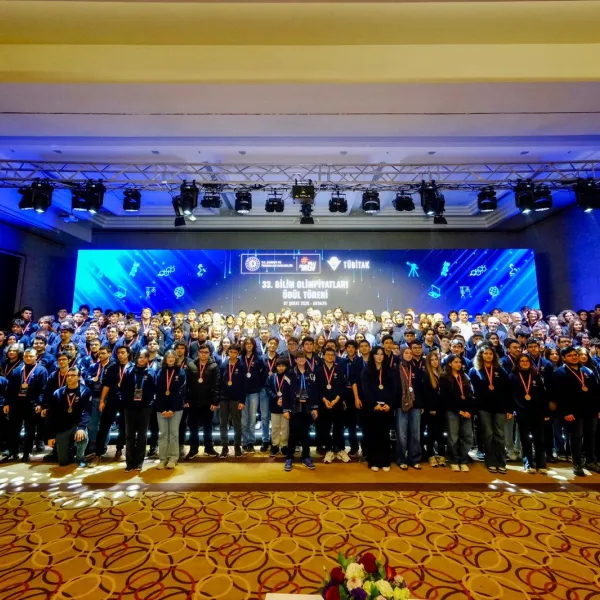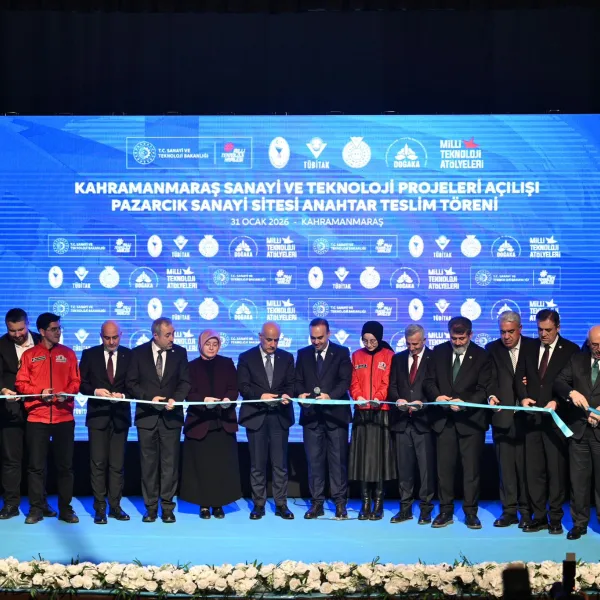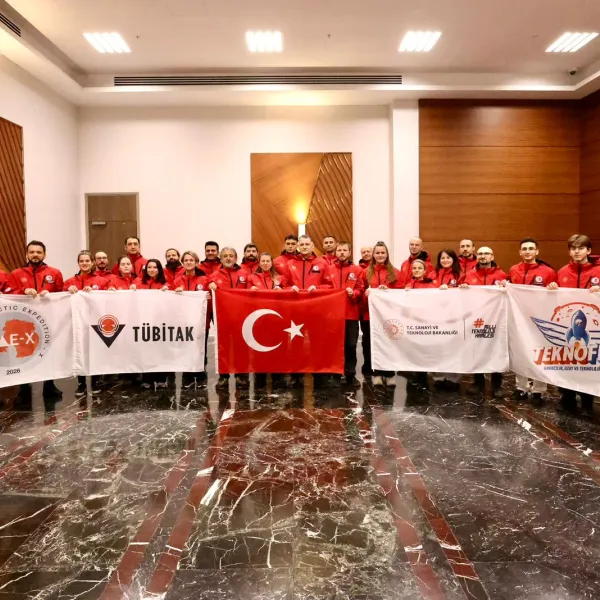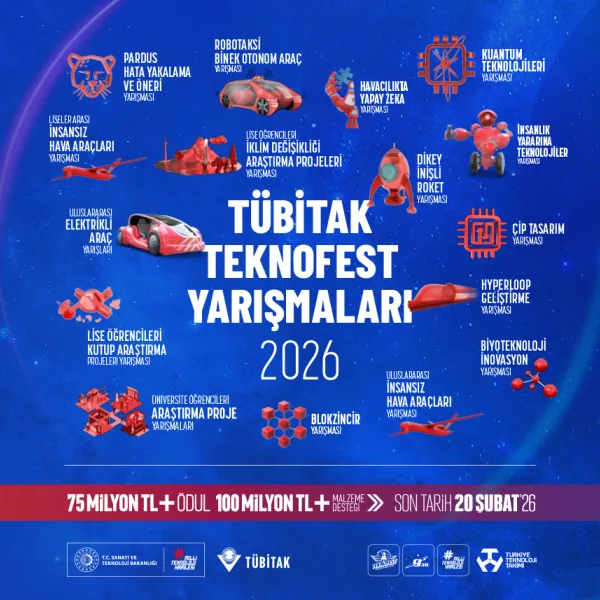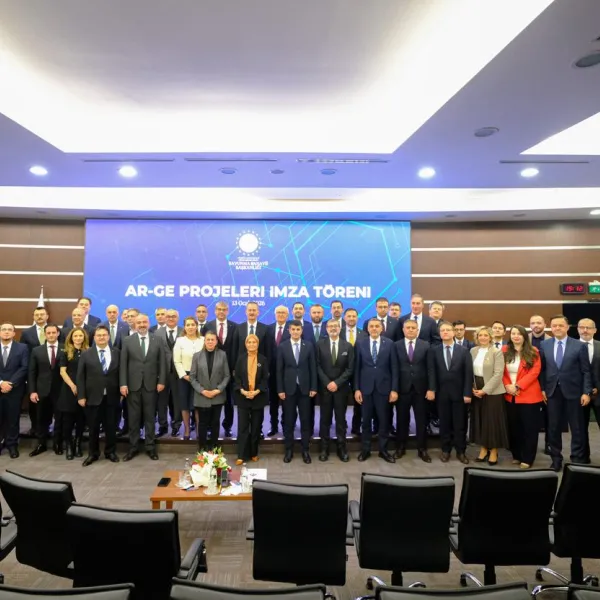
Social Sciences and Humanities Workshop was held in TÜBİTAK hosted by The Scientific and Technological Research Council of Turkey (TÜBİTAK) President Prof. Dr. Hasan Mandal, with the participation of academicians active in social sciences and humanities from various universities of Turkey. Prof. Hasan Mandal did the opening speech of the Workshop organized in order to get the views and contributions of our scientists in the field of social and human sciences with the approach in the planning stage of TÜBİTAK’s activities related to the next period "Develop Together and Achieve Together".
Noting that the science and technology policies of various countries of the world are enriched with social and human sciences, Prof. Mandal said that the results of the workshop are expected to lead TÜBİTAK to re-evaluate its social and human sciences policies. Prof. Mandal made a presentation after the opening speech. Prof. Mandal stated that 69 percent increase in R & D intensity, the share of the universities in the sectoral distribution of R & D expenditures is 36 percent and share of the private sector is 54 percent. Mentioning the increase in total number of full time equivalent researchers, number of scientific publications, number of PCT patent applications, Prof. Mandal said qualified information output in academia is not the desired level in Turkey. Stating that quality of publications made in Turkey in the fourth quarter increased considering the World average, Prof. Mandal informed that there was a lot of work being done by TÜBİTAK on this and there will be radical changes in support programs in the scope of the National Scientific Publications Incentive Program starting from the year 2019.
Professor Mandal explained that TÜBİTAK support programs are organized into four main axes: ARDEB, TEYDEB, BİDEB and BİTO. He notified that within the framework of these four main axes, a total of 1.6 billion Turkish Liras transferred in 2017, 57 percent of the incentive was used in the support of ARDEB. “When we look specifically at the R&D incentives of TÜBİTAK in the field of social and human sciences, the number of supported projects in total R&D incentives between 2008-2017 is 9 percent and the budget ratio within our projects supported by ARDEB is 6 percent. When we consider as SOBAG, the projects are mostly in field of education. Then Economics and Management are following. Thus, there are almost 9.000 projects applied to us within 10 years episode. 1225 projects of them were supported; our support ratio is 14 percent.”
“For Priority Area Support Programs in Social and Human Sciences Calls Started in 2015”
TÜBİTAK President stated that it is a time of turning Turkey into the focusing to processes of needs and results, which are beyond the capacity building; in this frame, he had reminded that there are 1003- Project Support Program and 1511- Industry Support Program. Professor Mandal underlined that, in the frame of 1003 Support Program, the calls of which started in 2011-2012 in other fields, the priority field support programs in Social and Human Sciences had started from 2015.
“It’s not Possible to Enhance the Science Policy That is not Inside the Social and Human Sciences”
Professor Mandal emphasized that the Social and Human Sciences are inside of the TÜBİTAK’s priority areas and should be further developed; "The policy of basic, engineering and health sciences without the insertion of the social and human sciences is not possible. For this reason, we expect you to contribute on integration of social and human sciences with other fields and in this frame to develop our TÜBİTAK support programs" said Professor Mandal.
Following the presentation of Professor Mandal, the Workshop on Social and Human Sciences was held in two separate sessions. During the first session, while evaluating the current supports and service provisions of TÜBİTAK, the second session focused on the critical areas that will be the forefront of social and human sciences in the future and the areas of interaction of social and human sciences with other science fields.
Following the sessions, the prioritized and consensual proposals were being presented. Professor Hasan Mandal underlined that, "All the proposals are very valuable and will contribute much in terms of the TÜBİTAK future planning".
Please click here to get a summary of the meeting’s list of proposals.

